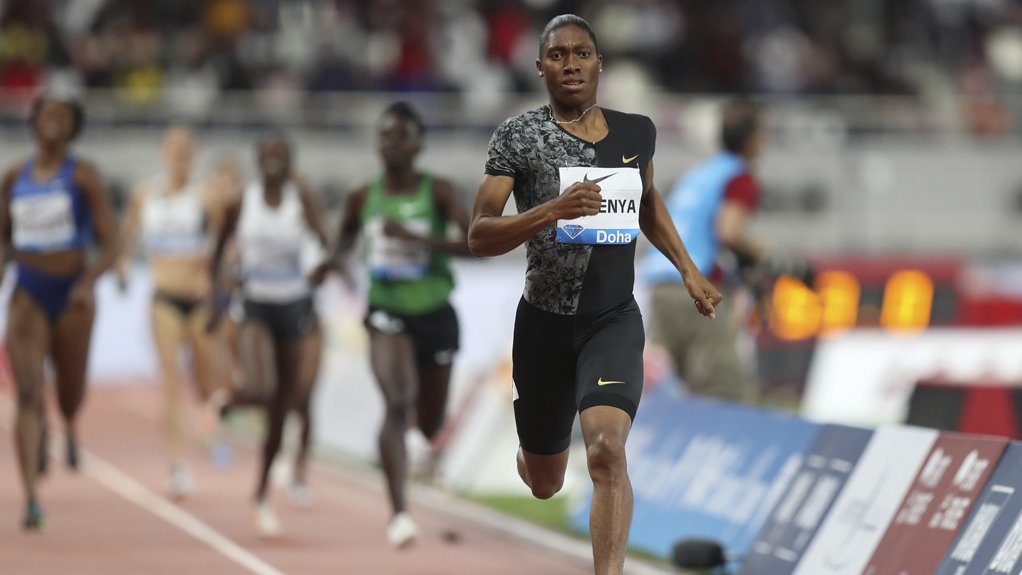The Grand Chamber of the European Court of Human Rights (ECHR) on Thursday said that multiple Olympic gold medallist and world champion athlete Caster Semenya did not receive a fair trial by the judicial system in Switzerland.
In February 2021, Semenya lodged an application with the ECHR challenging regulations issued by the International Association of Athletics Federations (IAAF).
The contested IAAF regulations on Differences of Sex Development (DSD) required Semenya, and other intersex people with high testosterone, to lower their natural testosterone levels through hormone treatment to be eligible to compete as a woman in international sporting events.
While Thursday’s judgment found that Semeya's right to respect for private life, the right to an effective remedy and prohibition of discrimination, were inadmissible, it declared, unanimously, that her application for the right to a fair hearing of the European Convention on Human Rights was admissible, and by 15 votes to 2, that there had been a violation of a right to a fair hearing of the Convention.
The ECHR first looked at the fact that when Semenya appealed to the top court in Switzerland, to challenge the World Athletics rules, it fell upon Switzerland to ensure that her right to a fair trial under Article 6 of the European Convention on Human Rights were respected during the case. The ECHR said the Swiss court was responsible for checking whether the Court of Arbitration for Sport (CAS) decision followed the country’s basic legal standards.
“After pointing out the structural imbalance which characterised the relationship between sportspersons and the sport governing bodies, the Court then held that respect for the applicant’s right to a fair hearing had required a ‘particularly rigorous examination of her case’ for the following three reasons: (1) the CAS’s mandatory and exclusive jurisdiction had been imposed on her, not by law but by a sport governing body; (2) the dispute concerned one or more “civil” rights; and (3) those rights corresponded, in domestic law, to fundamental rights,” it said.
The ECHR said that because the sports arbitration Semenya went through was mandatory and she had no choice but to go through the CAS, the Swiss court that reviewed the case needed to take a careful look at it — especially because it involved serious personal rights.
However, ECHR found that Switzerland’s top court didn’t do enough. It was too narrow in how it interpreted “public policy” under Swiss law, and that limited how deeply it reviewed the case.
“Accordingly, the Court found that Ms Semenya had not benefited from the safeguards provided for in Article 6 and 1 of the Convention [The right to a fair hearing], given the Federal Supreme Court’s failure to fulfil the requirement to carry out a particularly rigorous examination,” it said.
EMAIL THIS ARTICLE SAVE THIS ARTICLE ARTICLE ENQUIRY FEEDBACK
To subscribe email subscriptions@creamermedia.co.za or click here
To advertise email advertising@creamermedia.co.za or click here











